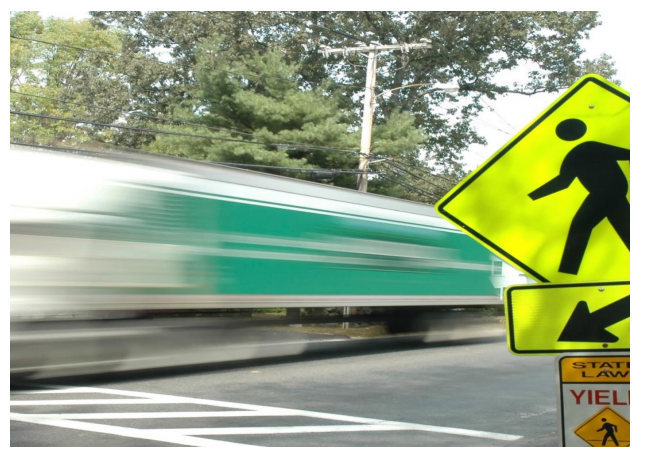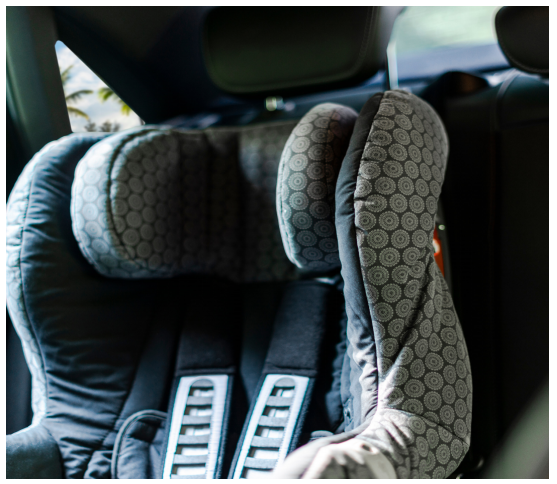
How to Protect Your Vehicle From a Hurricane
Last week, Hurricane Dorian reminded us how terrifying mother nature can be. If there’s a hurricane coming your way, you are most likely going to think about protecting your home and family before thinking of your vehicle but it is important that you consider how to protect your car in the event of a hurricane. For most Floridians, a car is a necessity as it is the preferred method of transportation in the area. Below please find some helpful tips for keeping your car safe from a hurricane.
Gather Important Documentation: Your car documents are important. Make sure you gather your vehicle’s information including: insurance information, vehicle registration, service records, owner’s manual.
Fill Your Gas Tank: Those who have experienced many hurricanes know the importance of filling your gas tanks and doing so early on in your hurricane preparations. Again, try to fill up your car with fuel before a hurricane hits. Taking care of this will help protect both your car and your you. Even if you don’t have any plans to evacuate from your home, if the need arises, you will have gas in your tank to go anywhere you need to go to get to safety. Most importantly, filling up with fuel before a hurricane ensures you aren’t stuck looking for gas during a storm or in its immediate aftermath, when fuel supplies are often disrupted. After a hurricane hits, gasoline stations may not have fuel available for days or even weeks.
Don’t Operate Your Car In Flooded Conditions: Remember, even just one foot of standing water can render some cars inoperable, and you shouldn’t drive into any area where you don’t know how deep the water is. People often make the mistake of thinking a local road they travel often is okay to use if it’s underwater. Sadly, many get stuck when their car is submerged under water. To put it simply, driving into a flood or a flooded area isn’t worth the risk of damage to your vehicle. Unless you know precisely how deep the water is and how much depth your car can handle before it stalls, don’t take the chance. If your engine or interior fills with water, your car will probably be undrivable, and not just temporarily, you likely won’t be able to use it again. Of course, flooding is a risk, too. If you live in an area that’s known to flood, you may want to consider moving your vehicle to higher ground. While it may not be a good idea to be separated from your vehicle in a major storm, having a flooded vehicle isn’t much use, either. If there’s a hill near your house where you can park your car or cars, consider doing it. And if you have multiple vehicles, consider leaving one wherever you plan to ride out the storm while moving the others to a safer location with a higher elevation. If you’re evacuating before the storm hits and you plan to leave vehicles behind, try to find a higher location to park them in order to prevent flooding, with as much cover as possible to prevent damage.
Find a Safe Place to Park or Store Your Vehicle: Although flooding is a common threat from hurricanes, many people don’t think about another major threat to their cars: blown debris from the storm’s winds. If you can, move your car into your house’s garage to keep it safe from anything that might blow around outside, like trees, fences or other debris. If you don’t have a garage, try to park your car under some sort of overhead cover or next to a building to avoid leaving it fully exposed — though avoid parking it anywhere near a tree or power lines, as they could topple over on the car and destroy it. You likely won’t want to be separated from your car during a storm, so you may not want to drive somewhere else (like a parking garage).
The truth, of course, is that there’s no fail-safe way to ensure you can protect your car in a hurricane. Regardless of what you do, however, remember that your own life is a lot more important than your car’s so don’t do anything to protect your car or your other property that puts your life in danger.
Contact an Experienced Personal Injury Attorney Today!
If you or a loved one is involved in a motor vehicle accident, talk with a car accident attorney about your options going forward. There is no replacement for quality legal advice after being involved in a car accident. The car accident attorneys at Suarez and Montero would love to have an opportunity to explain the law in Florida to assist you in presenting a strong claim against the at fault party. Every firm is distinctive and auto accident victims have needs that are also distinct. needs are different. The Florida auto accident attorneys at Suarez & Montero encourage you to reach out so that we can explain more about the different ways that our law firm and attorneys can provide legal help and guidance after an auto accident. Make an appointment with us at one of our many locations. Remember, we work on a contingency basis so you will owe us nothing If we are unable to obtain successful results for your case. The attorneys at Suarez & Montero can meet with you to discuss further. always available to talk with you and answer your questions. Our skillful attorneys are genuinely committed to our clients. We will fight to make sure that you get the maximum amount of compensation owed to you. Let us help you get the medical care you need and fight to make sure you are compensated for your injuries! Our attorneys are ready to provide proven legal representation in pursuing your claim and stand ready to protect your rights. We are available 24/7 to give you a free, no risk case consultation.
We serve clients throughout Florida including those in the following areas:
Miami-Dade: Aventura, Coral Gables, Doral, Fontainebleau, Hialeah, Homestead, Kendall, Miami, Miami Beach, Miami Lakes, North Miami, Tamiami, and Westchester.
Broward: Fort Lauderdale, Hallandale Beach, Hollywood, Pembroke Pines, and Weston; and Palm Beach County including Boca Raton, Lake Worth, and West Palm Beach.
The Law Offices of Suarez & Montero Car Accident Attorneys represents accident victims injured in various types of accidents including:
• Distracted Driving Accident Lawyers
•Drunk Driving Accidents
• T-Bone Car Accidents
• Road Rage Car Accidents
• Head-on Collisions
• Rollover Accidents
• Rear-end Car Accidents
• Left Turn Accidents
• Failure to Yield Car Accidents
• Sideswipe Accidents
• Merging Accidents
• Lane Change Accidents
• Construction Zone Car Accidents
• Truck Accidents
• Semi-Truck Accidents
• Bicycle Accidents
• Train Accidents
• Pedestrian Accidents
• Boating Accidents





